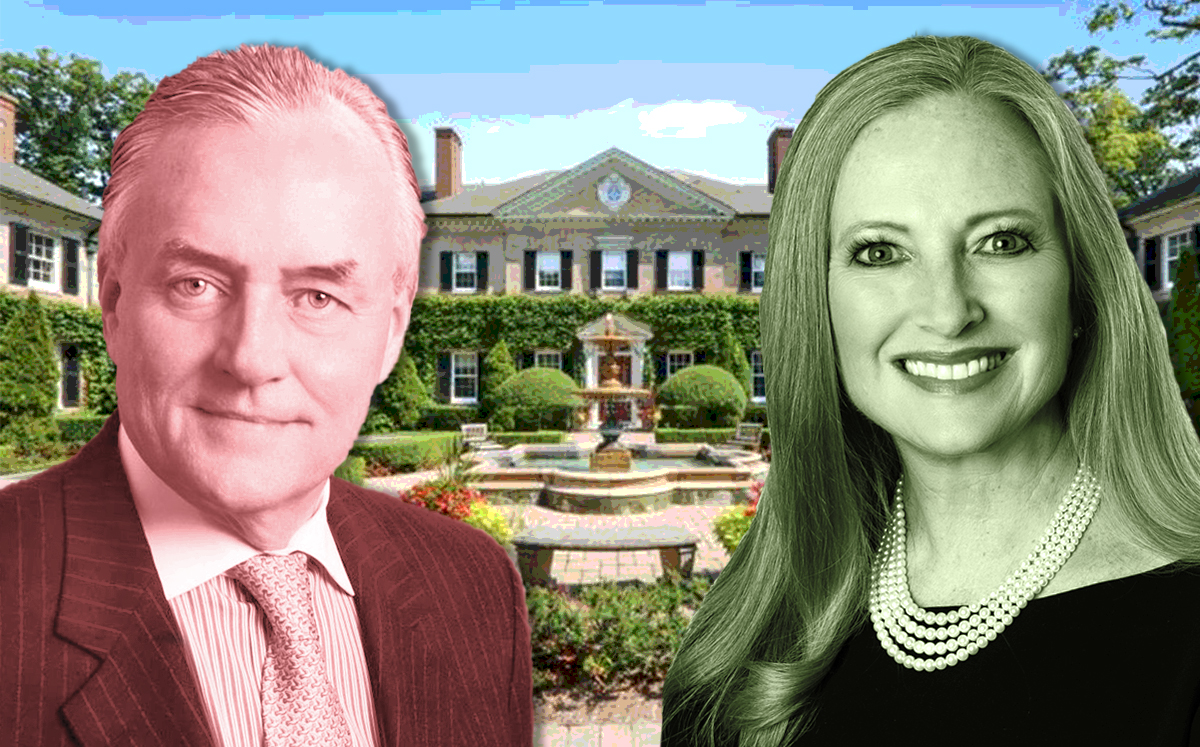For years, one North Shore broker’s work didn’t end after helping clients sell a home. The next order of business would be helping them find a new place to live in the area.
But that dynamic has changed in recent years, an employee of the brokerage said, as more luxury home owners sell their properties and then pack up for other states with lower tax burdens.
After a banner year in 2018, Chicago’s luxury market entered this year in a shift in the cycle, with increasing inventory and changing desires among homebuyers softening the market. Now a slew of proposed tax increases threatens to cool the market even further, some residential brokers said.
Gov. J.B. Pritzker last week unveiled details of his plan to change Illinois’ income tax to a graduated system. The plan would raise taxes on people making more than $250,000, culminating in a 7.95 percent rate for those making $1 million or more — up from the current rate of 4.95 percent. But the governor’s office said about 97 percent of state residents would end up paying a lower rate than they are now.
Pritzker’s tax proposal — which would require amending the state constitution — comes on the heels of a 2017 increase in the state income tax increase and the new federal tax policy that caps state and local tax deductions at $10,000.
There’s also concern about what other changes might be coming down the pipeline, not only as the new Pritzker administration implements its policies but with new Cook County Assessor Fritz Kaegi promising changes and a new mayor set to take over in Chicago.
Mayoral candidate Toni Preckwinkle, for instance, backs a proposal to increase the city’s real estate transfer tax on properties trading over $1 million. Her challenger, Lori Lightfoot, suggests a graduated reworking of the transfer tax that she says would not raise rates for $1 million sales.
Cumulatively, the impact of the tax hikes could have a huge impact on Chicago’s luxury housing market, multiple top brokers said.
“It’s not a happy day for property owners in Illinois,” said Jim Kinney, vice president of luxury home sales for Baird & Warner. “Chicago for those who need to be here remains a nice place to live, but one has to factor in the tax liabilities and reflect it on valuation. We’re now seeing a cautious buyer pool, because they know what they’re buying could be worth less down the road than what they buy it for now.”
Brokers already have had to contend with a softening of the luxury market. Sales of homes at $4 million and above set a record last year, but there has been increasing downward pressure on prices as inventory stacks up and luxury listings languish. Kinney said some suburban submarkets have as much as 12 years of inventory.
Even once-coveted lakefront mansions on the North Shore haven’t been immune to the pressures. The prospect of more taxes doesn’t help the situation, brokers said.
“Things are sitting,” said luxury broker Matt Laricy of Americorp. “It’s starting to show you the effect of [the tax burden], and I think it’s only the beginning.”
A tax increase on high-income earners is still years away, since the earliest voters could approve the constitutional amendment would be in 2020, according to the Chicago Tribune. But increased property taxes already have had a huge impact on the market, brokers said.
Jennifer Ames, a luxury broker with Engel & Volkers who specializes in listings on the city’s North Side, said her clients have contended with skyrocketing assessments and property tax bills. One homeowner, she said, saw property taxes more than double over three years, from $28,000 to $60,000.
“Even if they’re people of means, they’re not set up to handle those extreme of increases,” Ames said.
The escalating property tax bills have the effect of depressing home values, brokers said. The glut of inventory, and the fact that other tax increases have curbed some people’s buying power, further hurts home prices.
Buyers, especially in the luxury market, are well aware of these factors. Laricy said his clients have had to entertain “low-ball” offers because of market factors.
“I tell my clients, ‘Strap in, because it can take a long time to sell,’” he said.
Buyers, however, are wary of making such major purchases without knowing their future tax liabilities, or what higher taxes might mean for the value of their property.
“I have to tell my buyers, ‘You are buying for quality of life, not for investment,’” Ames said.
Complicating the problem is that wealthy homeowners can easily relocate to more tax-friendly states. That’s already happened in Chicago, brokers said, with wealthy buyers packing up for states like Florida, Tennessee, Texas and Arizona.
That will hurt the local economy overall, not just the luxury housing market, brokers said.
“Residential real estate is a consumer confidence industry. The sad part is they have lost confidence in Illinois,” Ames said. “The people who can afford to leave the state will. The impact will reach far beyond the people who leave.”
